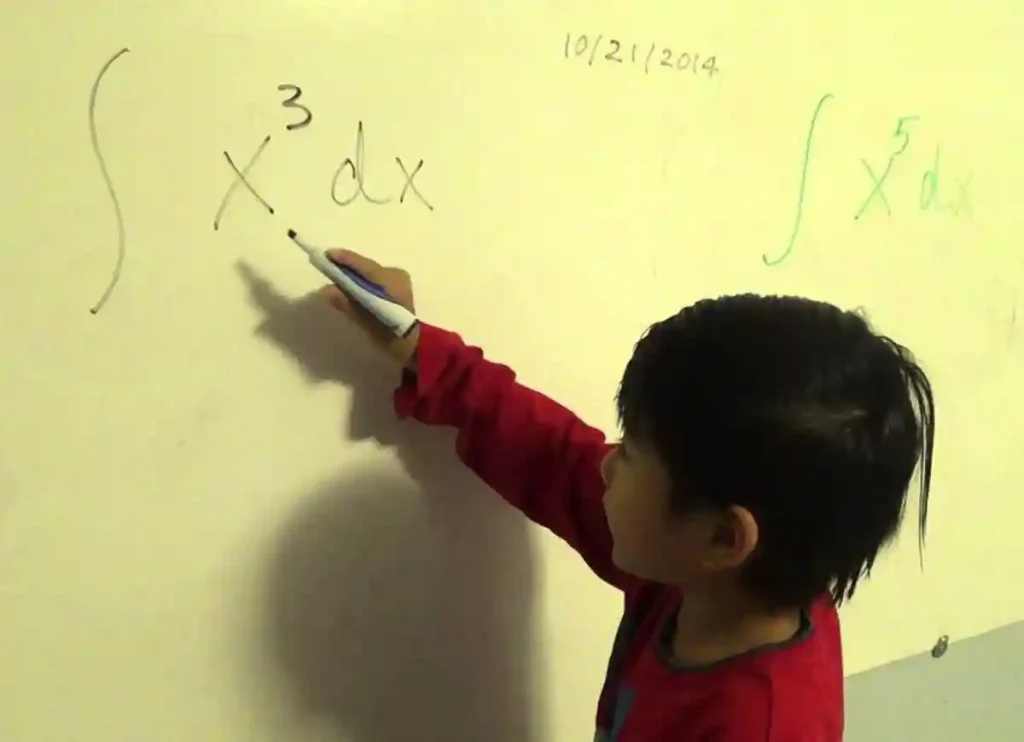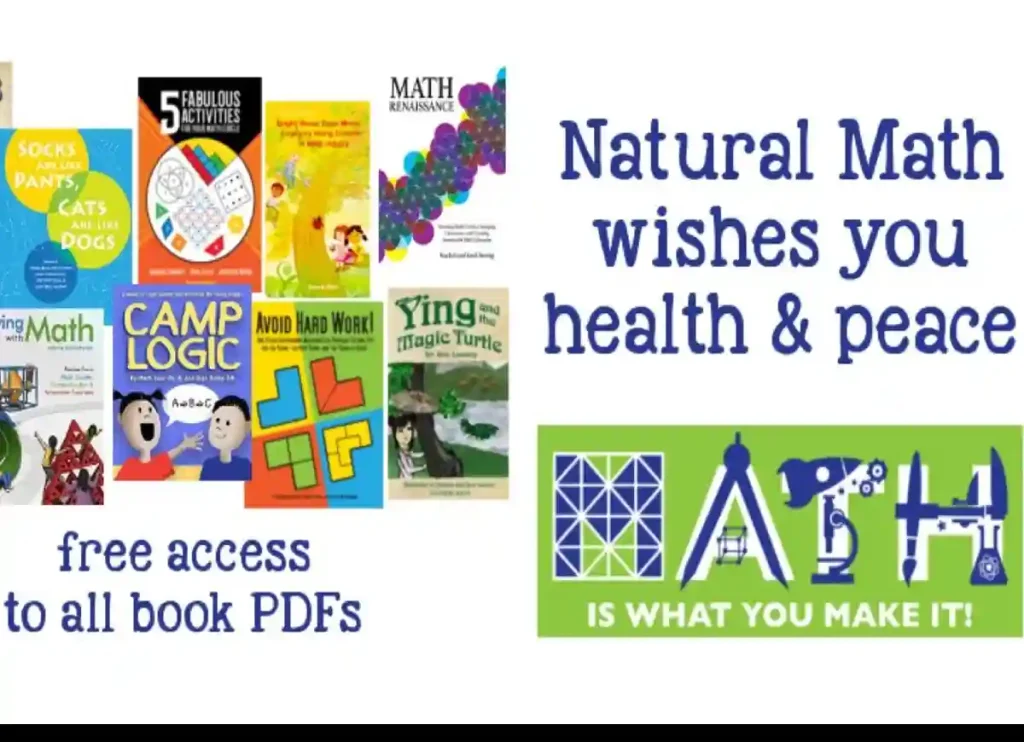Learn Calculus with Innovative Approaches – Exploring Revolutionary Teaching Methods That Make Calculus Accessible to Preschoolers” The well-known hierarchical sequence of math instruction begins with counting. It is followed by subtraction and addition, followed by division and multiplication. The computational set is expanded to encompass larger and more numbers.
At some point, fractions are added to the equation, too. At the age of early adolescence students are exposed to the patterns of numbers and letters, as they are introduced to the completely new field of algebra.
A small percentage of students traverse through trigonometry, geometry, and finally calculus, which is thought to be the highest level of math in high school.
However, this change “has absolutely nothing to do with the way people think, the way children grow as they learn or the way math is constructed,” says pioneering math educator and curriculum creator Maria Droujkova.

She’s echoing a variety of voices from all over the world that are seeking to transform the way that math is taught, and bring it in line with these concepts.
The current curriculum is an ingrained historical error that takes a lot of enjoyment from what she calls”the “playful realm” that is mathematics which includes its over 60 disciplines at the top of the pyramid as well as its manifests itself across a range of disciplines, including weaving to construction, nature, music and art.
The standard syllabus begins with arithmetic which Droujkova states is more difficult to teach young children than fun activities that draw on the more sophisticated areas of mathematics.
“Calculations that children are forced to learn are usually not appropriate for their development, so the process can be described as the equivalent of torture” She says.
They don’t get the main aspect of mathematics, which is that it’s all about patterns and structure, instead of “little manipulations of numbers” according to her words. It’s like budding filmmakers first learning about lighting, costumes and other technical aspects instead of composing interesting stories.
MUST READ: ANDREW CHILD, ANDY WEIR, ANN SUTTON, Elin Hilderbrand, EMILY ORGAN, ERIN JOHNSON ,J. K. Rowling, GILLIAN FLYNN, GENA SHOWALTER, HEATHER GRAHAM









